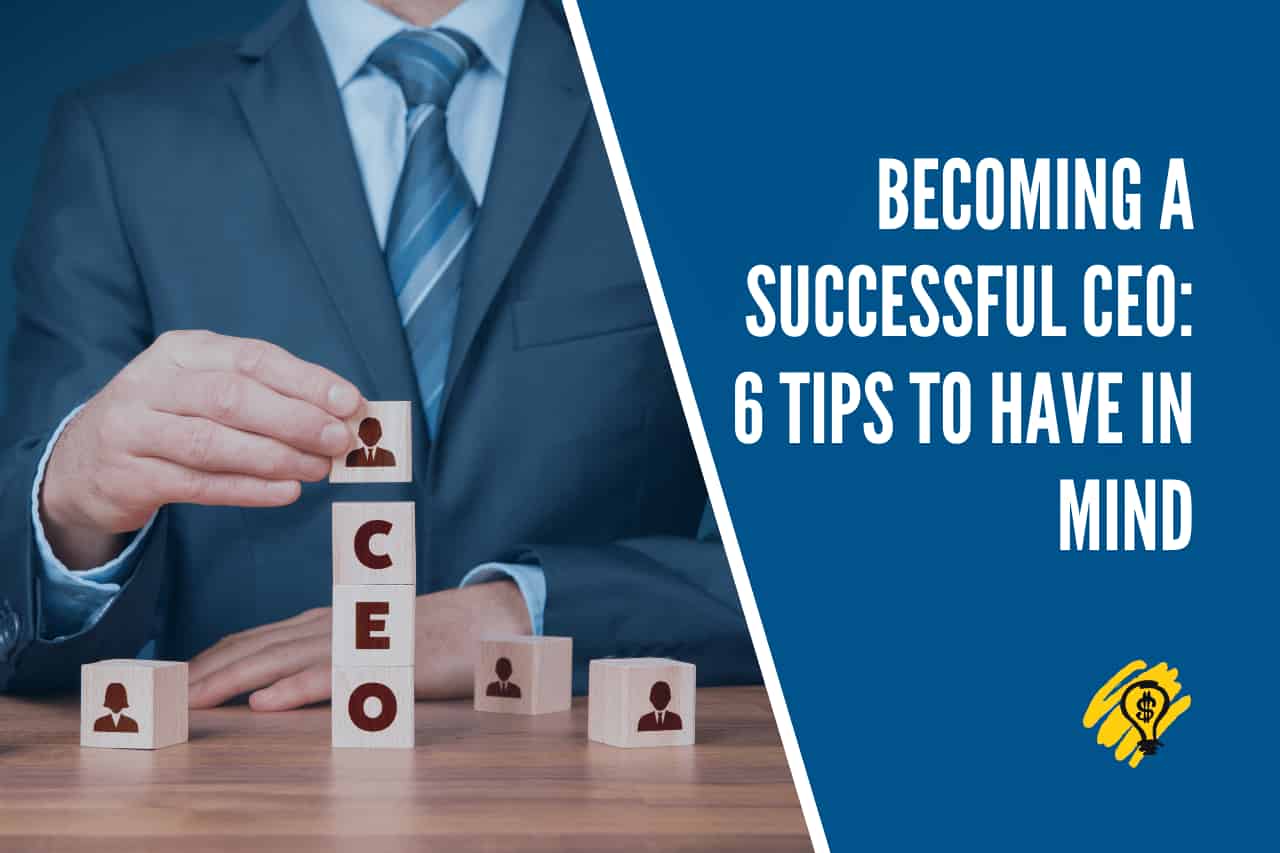
The success of a Business CEO depends on many factors. Some of them are table stakes and will apply to every candidate, such as integrity and work ethic.
Other traits include critical thinking, quick and bold decision-making and building a great leadership team. The key is to develop a strong solution for a business problem that will bring in more revenue and profits.
Vision
A great CEO knows the importance of having a vision and getting their Executive Team on board. Without a strong vision, the company can be pulled in many different directions, leading to confusion and indecision.
Visions can be aspirational, but they must be credible. When the CEO and the key executives are able to clearly see what achieving strategic goals will look like, it can motivate people to change behavior.
Successful leaders are resilient. They are able to bounce back from setbacks and keep the company focused on its goals. For example, Nelson Mandela persevered through 27 years in prison to lead his country away from apartheid.
Passion
Passionate leadership is often described as the ability to inspire others to share your vision and commitment. This is a highly desirable trait for a CEO as it helps to motivate others to work hard towards common goals and achieve success.
Passionate CEOs will be loyal to the company and its values. They will want to see their staff perform well and may develop training programs to help them reach their potential. They will also be able to take criticism and act as a mentor to those around them. They are able to make quick decisions and won’t let obstacles stop them from achieving their goal.
Integrity
A CEO needs to be able to maintain a sense of integrity in their work. This means negotiating their time fairly, being honest with employees, and staying true to their personal and professional values.
A good CEO is also able to make decisions quickly and boldly. They don’t let fears hold them back from taking risks and pursuing opportunities to improve the company.
An understanding CEO is empathetic to the lives and perspectives of their employees. This allows them to understand the impact of various situations on different people, and make decisions with everyone’s best interests in mind. They are also able to take negative feedback in stride, and not take it personally.
Commitment
A key skill that CEOs must develop is knowing when to lean in and when to step back. This means recognizing when to take a broader organizational perspective, and when to act as a catalyst for change and deliver on the vision and promise.
Reliable CEOs are able to accurately estimate their own workload, prioritize tasks based on urgency and value and make timely course corrections when necessary. They also promote healthy work/life balance by scheduling recovery practices such as exercise, reading and spirituality.
It is important to remember that others will judge your commitment by how you spend your time and energy. Be sure to avoid announcing grandiose goals and instead focus on setting (realistic) large and impactful standards for your team to follow.
Communication
A CEO must be able to effectively communicate a company’s vision and goals to all stakeholders. They must be able to communicate in a variety of formats and channels including written, video and live speaking.
Effective CEOs understand that communication is a continuous process and must be ongoing. They are able to communicate their vision and company objectives clearly to all employees, partners, and investors.
These leaders are not afraid to take risks and make critical decisions on a daily basis. They are also able to refuse making excuses and take full responsibility when things go wrong. They have exemplary communication skills and can be inspirational to their teams.
Accountability
A CEO must be able to set a clear direction, align the company through their leaders, engage the board, and connect with stakeholders. They must also be able to manage their own personal effectiveness.
They must be able to prioritize tasks and accurately estimate the time and resources they have available. They must always be on top of the latest industry news and be able to share this with their team.
The best CEOs are able to solve problems creatively. They consider the impact of different options on their people and the community, so they can make the most informed decisions. They also know when to take a step back and be self-reflective.